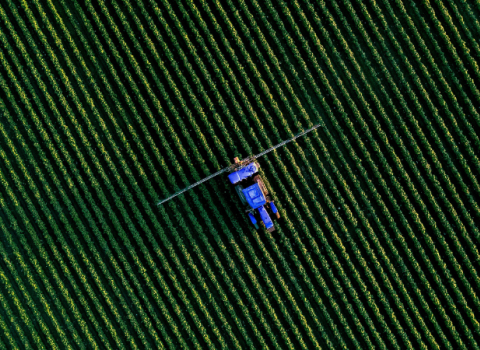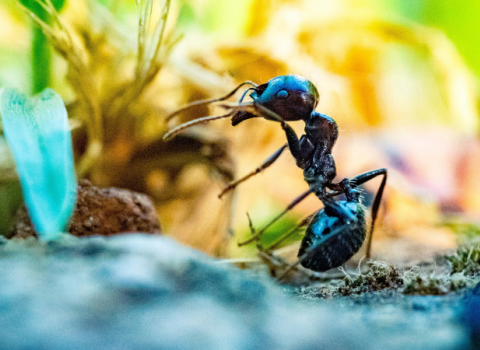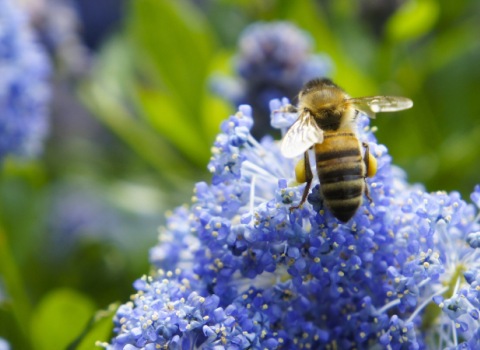The University of Eastern Finland, the University of Helsinki, the University of Oulu, the University of Turku and the University of Jyväskylä have launched a joint project to develop a nationwide biodiversity education network. The project is funded by the Ministry of Education and Culture.
Biodiversity is a prerequisite for the well-being of the planet and people, as well as for sustainable development. Biodiversity is declining at an alarming rate due to the unsustainable use of natural resources, climate change, the fragmentation of ecosystems, the spread of invasive species, the destruction of habitats and other human activities. Biodiversity should therefore be part of all decision-making in society and have great impact for example on policy making, on economics, on culture and on land-use planning. In order to be able to take biodiversity into account comprehensively, education and diverse co-operation in educational planning are needed. The aim of this project is to bring together a national biodiversity education network to meet the learning needs in biodiversity issues now and in the future.
The aim is to create a topical, renewable and demand-targeted educational package that provides accessible and diverse education for students of biology, environmental sciences, agriculture and forestry and also for a wider target group which includes lifelong learning.
The areas of strength of different universities are taken into account and blind spots in the education of biodiversity are identified. The courses will be digitalized and diversified to create an interactive, equality-supporting and regionally widely accessible educational package that increases students' knowledge about biodiversity and their ability to apply knowledge interdisciplinary and widely. In addition, the project will develop co-operation in organizing field courses and strive for more efficient use of field stations. Practical competence is important in answering biodiversity-related questions and in finding sustainable ways of working.
As a result, a nationwide biodiversity education network model will be developed. Through this, co-operating universities bring expertise from their areas of strengths and strategic objectives for the use of the entire network. The study themes aim to cover for example forests, waters, swamps, arctic and tropical ecosystems, agricultural environments and urban ecosystems, and there will be a wide network of experts working with the course contents and techniques.
The project promotes Finland's transition to an ecologically sustainable low-carbon society and strengthens Finland's visibility and role in international biodiversity questions. Through educational co-operation, interdisciplinarity and mobility, biodiversity competence in society will be promoted.
The project will continue until the end of 2022 and it welcomes everyone interested to participate in the work.
This article was first published on June 02 by University of Eastern Finland.





 A unique international forum for public research organisations and companies to connect their external engagement with strategic interests around their R&D system.
A unique international forum for public research organisations and companies to connect their external engagement with strategic interests around their R&D system.